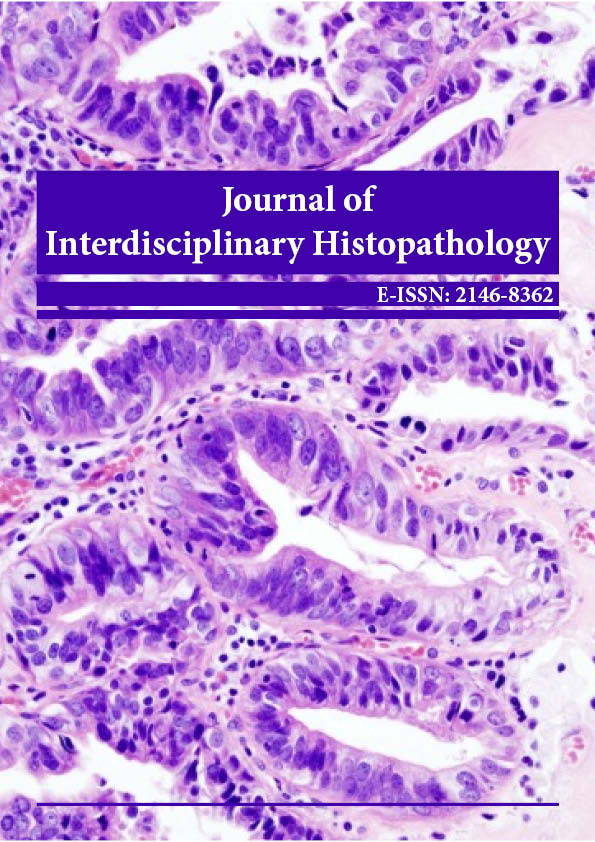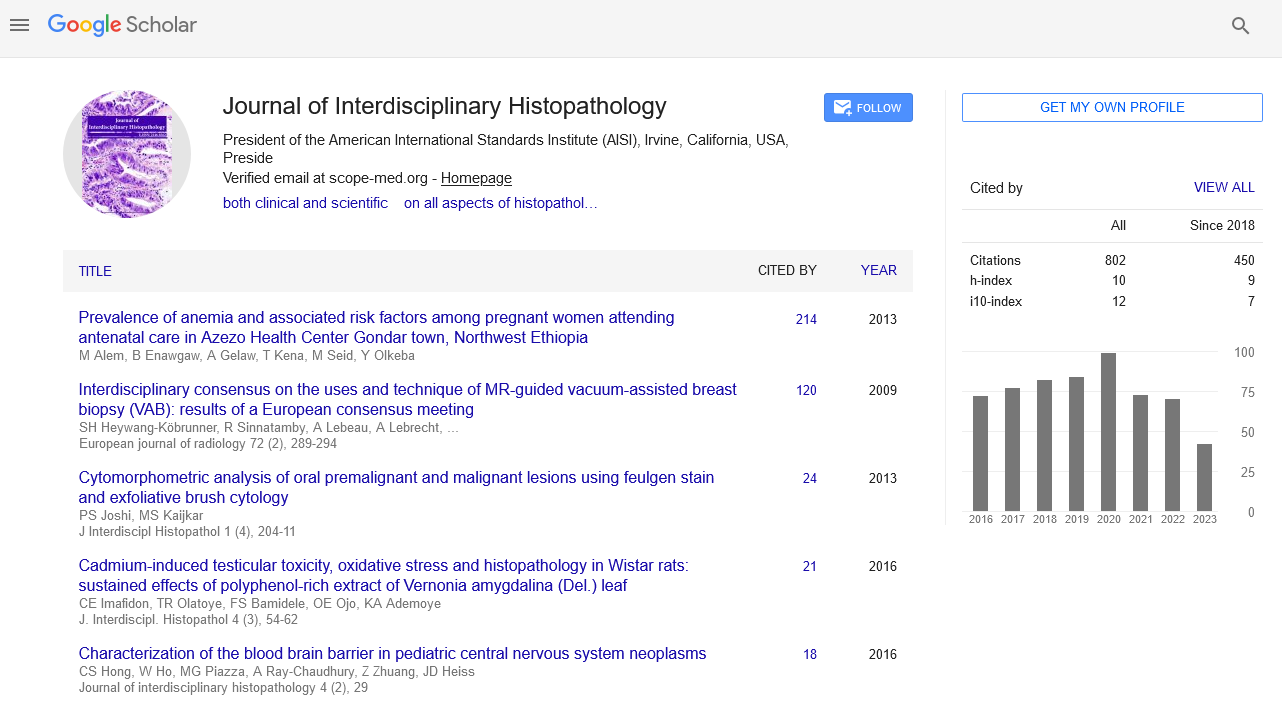Expression of PDL1 and P53 in Muscle-Invasive Bladder Carcinoma: A New Alternative for Neoadjuvant Treatment in Urothelial Cancer
Abstract
Karen Sarahí Vázquez-Rodrígue, Lázaro A Ramírez-Balderrama, Luis Jonathan Bueno-Rosario, Saulo Mendoza-Ramírez, Marco Antonio Olvera-Olvera and Mario Murguia-Perez*
Invasive Urothelial Carcinoma (IUC) is the tenth most common malignancy worldwide. Its treatment depends on the clinical stage in which it is found and based on this; there are various therapeutic options to use. Currently, immunotherapy plays a key role in the treatment of several malignant tumors, including IUC. Our work identified the expression of PD-L1 in Muscle-Invasive Bladder Carcinoma (MIBC), a field little explored at present, using a validated clone of PD-L1 (28-8, BioSB®), finding CPS>5% of PD-L1 in 35% (11/30 specimens) of MIBC cases; in addition, there was a correlation between the expression of PD-L1 with the presence of mononuclear infiltrate (p=0.002). Overexpression of p53 was also identified (60%, 18/30 specimens), but no statistical significance was found in the correlation with various variables evaluated, although we found a close relationship with muscle invasion (p=0.077). Due to the performance of multiple clinical trials where the expression of PD-L1 in MIBC is studied, we consider it important to carry it out in patients with muscle invasion, even though there is currently no therapeutic indication for neoadjuvant immunotherapy, hoping soon the approval of it.
HTML PDF





